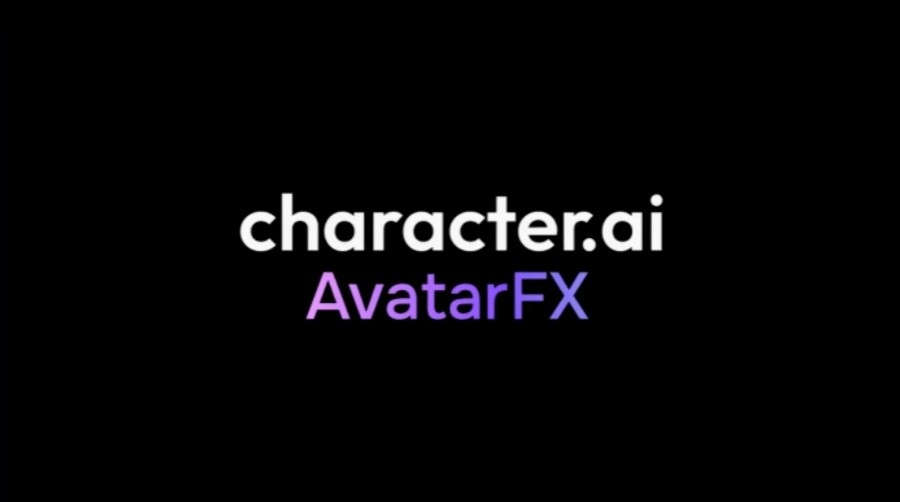
Although it may seem challenging to get started with artificial intelligence (AI) from scratch, through step-by-step learning and practice, everyone can gradually master this technology. The following is a simple and easy learning path to help you quickly get started from scratch and master the core skills of AI.
What is AI : Learn the definition of AI and understand that the goal of AI is to allow machines to simulate intelligent human behavior. You can learn about the application and development history of AI by reading simple AI introductory books and watching videos.
AI application scenarios : Understand how AI is used in life, such as intelligent voice assistants (Siri, Alexa), autonomous driving, recommendation systems, etc.
Why Python : Python is the most commonly used programming language in the AI field because it is easy to learn and has rich AI libraries (such as TensorFlow, PyTorch, Scikit-learn).
Learn Python : You can learn the basics of Python through online platforms (such as Codecademy, Udemy, and Coursera) and master basic syntax, data structures, and object-oriented programming.
Must-know math knowledge :
Linear algebra : vectors, matrices, operation rules.
Probability and Statistics : Understand basic concepts such as data distribution, expectation, and variance.
Calculus : Mainly used to optimize AI algorithms and understand optimization methods such as gradient descent.
How to learn : You can find math courses for AI learners on platforms such as Coursera and Khan Academy.
Machine learning concepts : Understand basic concepts such as supervised learning, unsupervised learning, and reinforcement learning. Master common machine learning algorithms, such as linear regression, decision tree, support vector machine (SVM), K nearest neighbor (KNN), etc.
Recommended learning resources :
Books : "Machine Learning in Practice", "Statistical Learning Methods".
Online course : Coursera's "Machine Learning" (a classic course taught by Andrew Ng) is very suitable for zero-based learners.
Small projects : Deepen your understanding of AI through practical operations. You can start with simple projects, such as:
Image classification: Use ready-made tool libraries (such as Keras, TensorFlow) to train a simple image classification model.
Chatbot: Implement a simple chatbot in Python.
Data prediction: Use linear regression to predict house prices or stock prices.
Platform : You can use the Kaggle platform, which provides many data sets and competitions to help you practice with real problems.
What is deep learning : Understand the concept of deep neural networks, learn how to train multi-layer neural networks, and master the applications of convolutional neural networks (CNN) and recurrent neural networks (RNN).
Learning resources :
Deep learning book : "Deep Learning" (Ian Goodfellow et al.).
Online courses : The "Deep Learning Specialty Course" on Coursera is suitable for further improvement.
Community and communication : Join some AI learner communities (such as Kaggle community, AI section on Reddit), communicate with other learners, and participate in competitions and projects.
Continuous learning : AI is a rapidly developing field. To keep learning, you can subscribe to AI-related blogs, papers, news, etc. to follow up on the latest research results.
Quickly getting started with AI requires a solid programming foundation, certain mathematical knowledge, and a lot of practice. Step by step, gradually master basic concepts, tools and algorithms, while continuing to practice and participate in projects, and eventually you will be able to master the core skills of AI.



